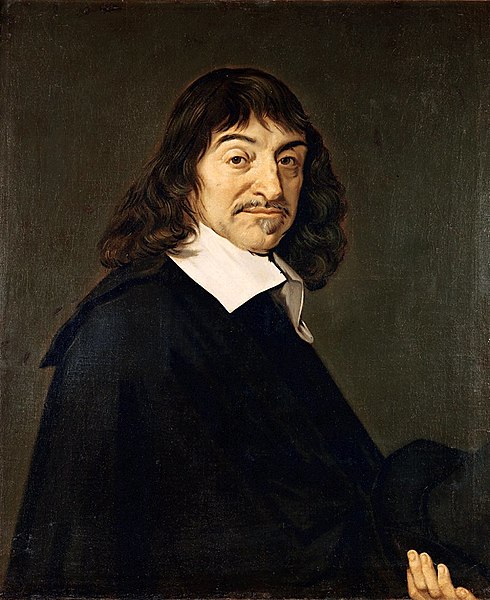Newtonianism is a philosophical and scientific doctrine inspired by the beliefs and methods of natural philosopher Isaac Newton. While Newton's influential contributions were primarily in physics and mathematics, his broad conception of the universe as being governed by rational and understandable laws laid the foundation for many strands of Enlightenment thought. Newtonianism became an influential intellectual program that applied Newton's principles in many avenues of inquiry, laying the groundwork for modern science, in addition to influencing philosophy, political thought and theology.
Portrait of French physicist and Newtonian Émilie du Châtelet
The Age of Enlightenment was the intellectual and philosophical movement that occurred in Europe in the 17th and the 18th centuries. The Enlightenment featured a range of social ideas centered on the value of knowledge learned by way of rationalism and of empiricism and political ideals such as natural law, liberty, and progress, toleration and fraternity, constitutional government and the formal separation of church and state.
Reading of Voltaire's tragedy, The Orphan of China, in the salon of Marie Thérèse Rodet Geoffrin in 1755, by Anicet Charles Gabriel Lemonnier, c. 1812
René Descartes, widely considered a seminal figure in the emergence of modern philosophy and science
German philosopher Immanuel Kant, one of the most influential figures of Enlightenment and modern philosophy
Cesare Beccaria, father of classical criminal theory





